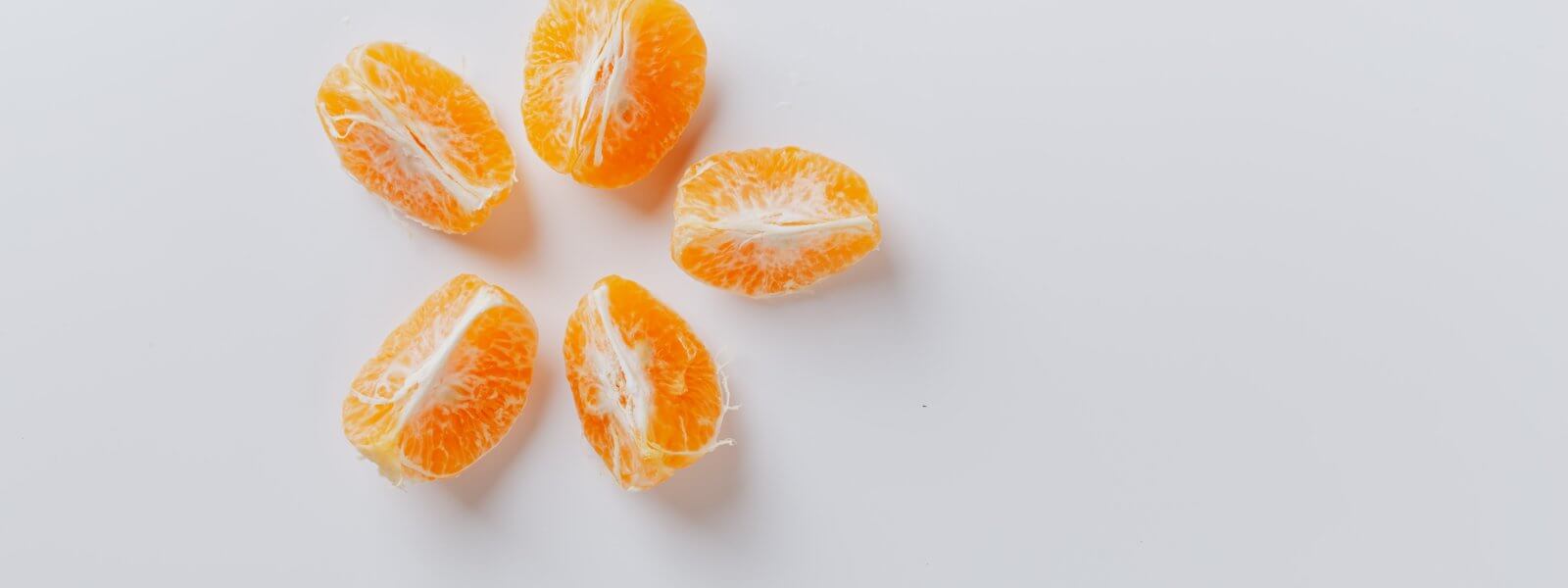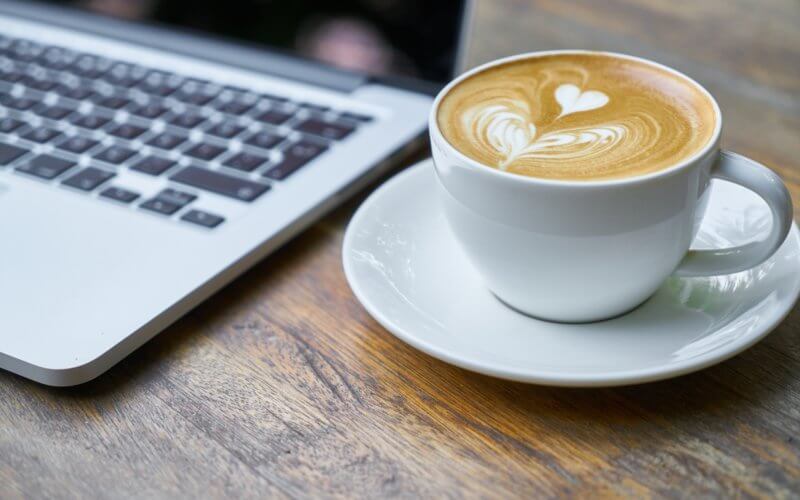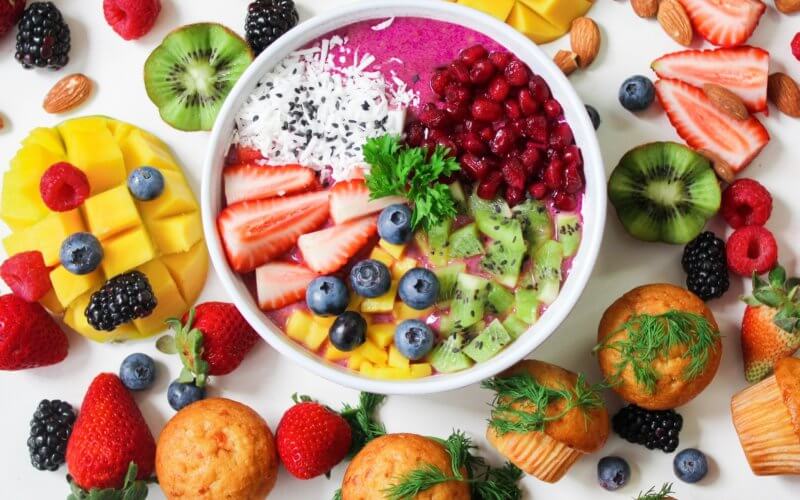Diet, Sleep, and Energy

In conversations with fellow sleepers, we have learned that what you eat can affect how you sleep. It can also affect your energy levels. Not surprisingly, diet, sleep, and energy all go together.
For instance, people have spoken about how they found their sleep is better when they follow vegetarian diets, or when they eat further away from bedtime. It is also common knowledge that any caffeine before bed is a recipe for a restless night.
At Dreem, we like to say, “Eat well, sleep well.” Might want to add “live well” too because that’s the truth. Here are some of our top tips:
Take Advantage of Energy Boosts
Ever wonder why you feel more awake and energized post breakfast? Or why your body was craving a quick snack? Food is fuel, and your diet is a good way to enhance your energy levels throughout the day.
Some foods are more energy-filled than others. Some provide short boosts, and others, sustained energy. And some quantities of food are better than others.
Types of energy
For a quick pick me up, stick to a mini sugar rush, with some simple sugars. Try eating some fruit.
If you want to push through the day, make sure you get your grains in, as well as healthy, unsaturated fats. A nice sandwich or some nuts for a snack will do.
Eat throughout the day
People often struggle if they consume too much in one sitting– the food coma can hinder any post-lunch productivity. It is best to eat less, more often.
Drinking

As for drinking, water will always be your best friend. If you don’t drink enough, you could feel more tired.
Caffeine is a classic energy booster, but use it strategically, and sparingly. Say you have something important at 3PM and you’re more of a morning person. If you naturally get your energy early in the day, it might be difficult to be at your best later on. You could figure out when coffee will hit you, could be in an hour or two later, and drink accordingly.
As each person runs on a different circadian rhythm, it might be necessary on some important days to get an artificial (espresso) shot of energy if you’re running low. Just don’t rely on it too much– nothing will make you more energized than a good, restorative night of sleep.
Timing is everything
Although diet, sleep and energy go together, it doesn’t mean that they should overlap. You want to space out eating so it will give you energy, and keep it far enough away from sleeping so it doesn’t disturb your natural sleep processes.
Eat at least 2 hours before sleeping. All that digestion increases your body temperature, and the temperature needs to lower in order to sleep. Don’t do the opposite and eat nothing, either. You have experienced it, when you go to bed hungry. Sleep can be disturbed if you are hungry.
Some foods that take longer to digest are better to consume hours before bedtime. This includes spicy dishes, saturated fats, and most definitely anything fried. If you eat them too close to bedtime and are prone to acid reflux, good luck– at Dreem, we call them “Enemy foods” for a reason.
Grocery List

https://www.healthline.com/nutrition/energy-boosting-foods
Want a shopping list for some go-to energy boosters?
Here are some of our favorite energy-packed foods and important energy enhancers they contain:
Bananas (potassium)
Leafy greens (iron)
Oatmeal (fiber)
Avocado (healthy fats)
Nuts (protein, healthy fats)
Beans (protein)
Not only do these natural energy boosters contain these benefits, they are all packed with nutrients and most can be combined together.
Think of a nice smoothie with bananas, spinach, and some energy-filled fruit. Perhaps you prefer a lunchtime power salad, with avocado/beans/leafy greens/nuts. Either way, that combined with a perfectly-timed coffee break could be all you need to power through a particularly long day of work.
To make the most out of natural energy, combine all this energy fueling with a restorative sleep. Bad sleep will automatically make you feel tired, so it is the first thing to improve if you are constantly feeling fatigue.
Sleep and Weight Loss
Another big pro for sleeping well is weight loss, especially if you are a dreamer.
REM sleep, named so for its rapid eye movement, is when people dream. Your brain is working hard, your heart rate is higher, and so is your blood pressure. This means you’re burning a good amount of glucose.
Remember that sleep and sports are also related. If you worked your muscles hard during an exercise, your body needs to repair and recover itself. This also requires energy.
Lastly, even the act of eating requires digestion, and digestion requires some of your energy at night.
It is said that a person weighing 125 pounds burns around 38 calories per hour during sleep. This does not mean one should only sleep, as sleep burns less calories than most awake actions, however it is important to keep this in mind.
Main takeaways
How can I get energy boosts during the day?
The best thing to do is to note when you need energy boosts, and what type. Choose things like sugary fruit if you need something quick, but for something sustainable, stick to foods that take longer to digest, such as nuts and grains.
What are some energy boosters to add to my grocery list?
Think of things you would add to a smoothie or a salad, for example: Bananas (potassium), Leafy greens (iron), Avocado (healthy fats), Nuts (protein, healthy fats), and Beans (protein).
How are sleep and weight loss related?
Sleeping in REM sleep requires a good amount of energy, as you are possibly dreaming, and your body is still quite active. When you are sleeping, you may also be recovering from workouts and digesting, both of which require energy as well.
Discover your sleeper profile with this sleep test
Start



